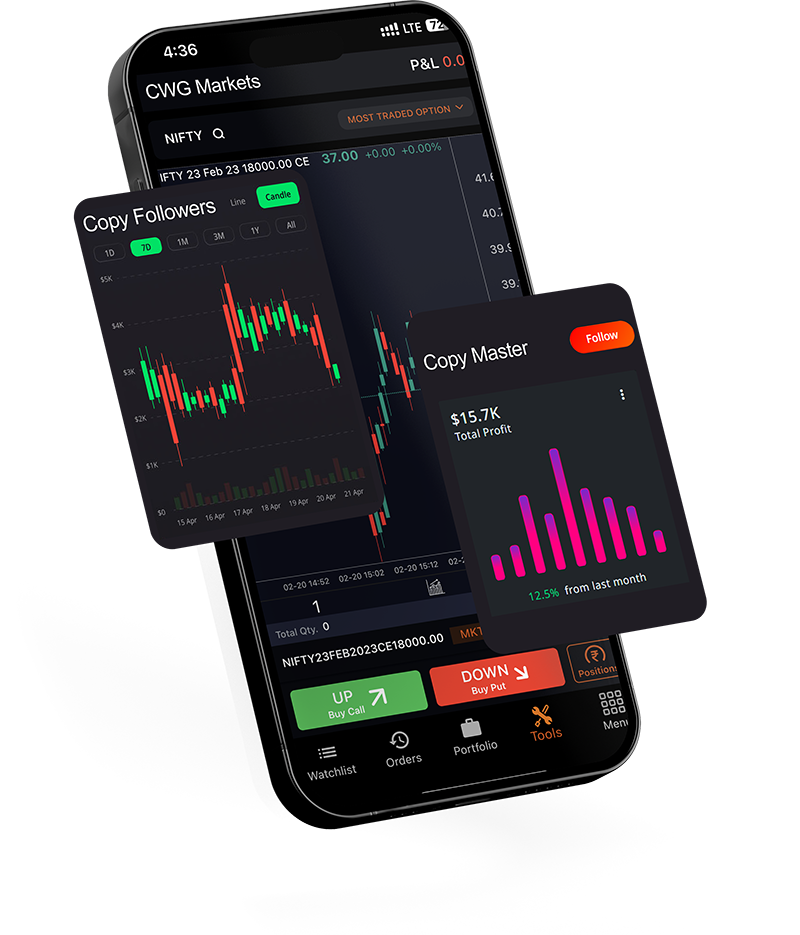Top 7 Mistakes to Avoid for Success in CFD Trading Systems
CFD trading can help you meet your financial goals when seeking to build wealth. At the same time, however, CFD investing is risky and novices often make common errors; making single stock CFD investing unadvisable as an initial choice of investment. But success still exists provided one knows how to avoid those common errors.
In this article, we will outline some major errors to avoid in order to master CWG Market for trading more successfully.
- Overleveraging Transactions
Overleveraging transactions is often the first pitfall for newcomers entering the single stock CFD market. Novice investors may become overzealous in their attempt to achieve financial independence; leading them into making transactions they simply can't afford.
Under normal circumstances, leverage is an indispensable trading tool. On the other hand, however, too much leverage can have serious repercussions for your strategy; therefore it is best to limit it as much as possible in any uncertain orders you place. If there are any doubts surrounding an order's underlying position or outcome, try keeping your position size small.

- Keep Your Losses Equal to Gains
It is best to keep losses proportionate with any anticipated gains from a transaction. Newcomers sometimes make the mistake of continuing trading while expecting recovery after suffering losses; it is crucial that this doesn't happen!
- Avoid Overtrading
This misstep works similarly to overleveraged. Overtrading means using too much of your capital in a single position and becoming too exposed, leaving your account vulnerable and shrinking fast.
Success requires having some volume of output. That means allocating funds across a range of trading opportunities. At the same time, having multiple running positions could stretch your budget too thinly.
- Stay Emotionally Disengaged
New investors often make the mistake of becoming emotionally attached after experiencing losses, often thinking the market will rebound soon and swing in their favor. Unfortunately, however, such false hopes rarely pan out on CWG Market for trading.
Beating CFD trading requires maintaining emotional control in order to prosper regardless of company X's performance, while CFD trading involves dynamic responses and quick responses as well as knowing when it is necessary to exit an active position.
- Don't Chase Losses
Chasing losses is another common error made by new single stock CFD investors. One might invest time and effort researching, only to assume the market will eventually come around to his or her way of thinking; leaving no option other than to find potentially lost positions hoping they return their value; in this instance it would be best to stop any time sooner rather than later.

- Avoid Tight Stop Loss Orders
New traders often overcompensate when it comes to risk management and stop loss orders in particular, often placing too tight of stop losses (generally below market price), leading them to close some trades automatically and inefficiently for their trading account.
Allowing some flexibility in your position is often beneficial, even though this means becoming more dependent on market volatility. Furthermore, other factors could cause prices to shift abruptly in one or another direction.
- Don't Think the CFD Market Owes You
Certain traders can become overly aggrieved when trading CFDs. Beginners in particular often believe they owe something back from the CFD market, leading them to make incorrect trading decisions as they feel entitled to something back from it. Unfortunately, trading CFDs requires no random chance or chance. Successful strategies often use prompts from all directions, sometimes contradictory but nonetheless reliable, that help predict how prices will move - once you learn to read and use these prompts then success will surely follow!
Conclusion
Adherence to these tips can be challenging, particularly for novice traders entering the single stock CFD market with little or no investing discipline. But all your hard work will eventually pay off with higher returns!
Comments
Post a Comment